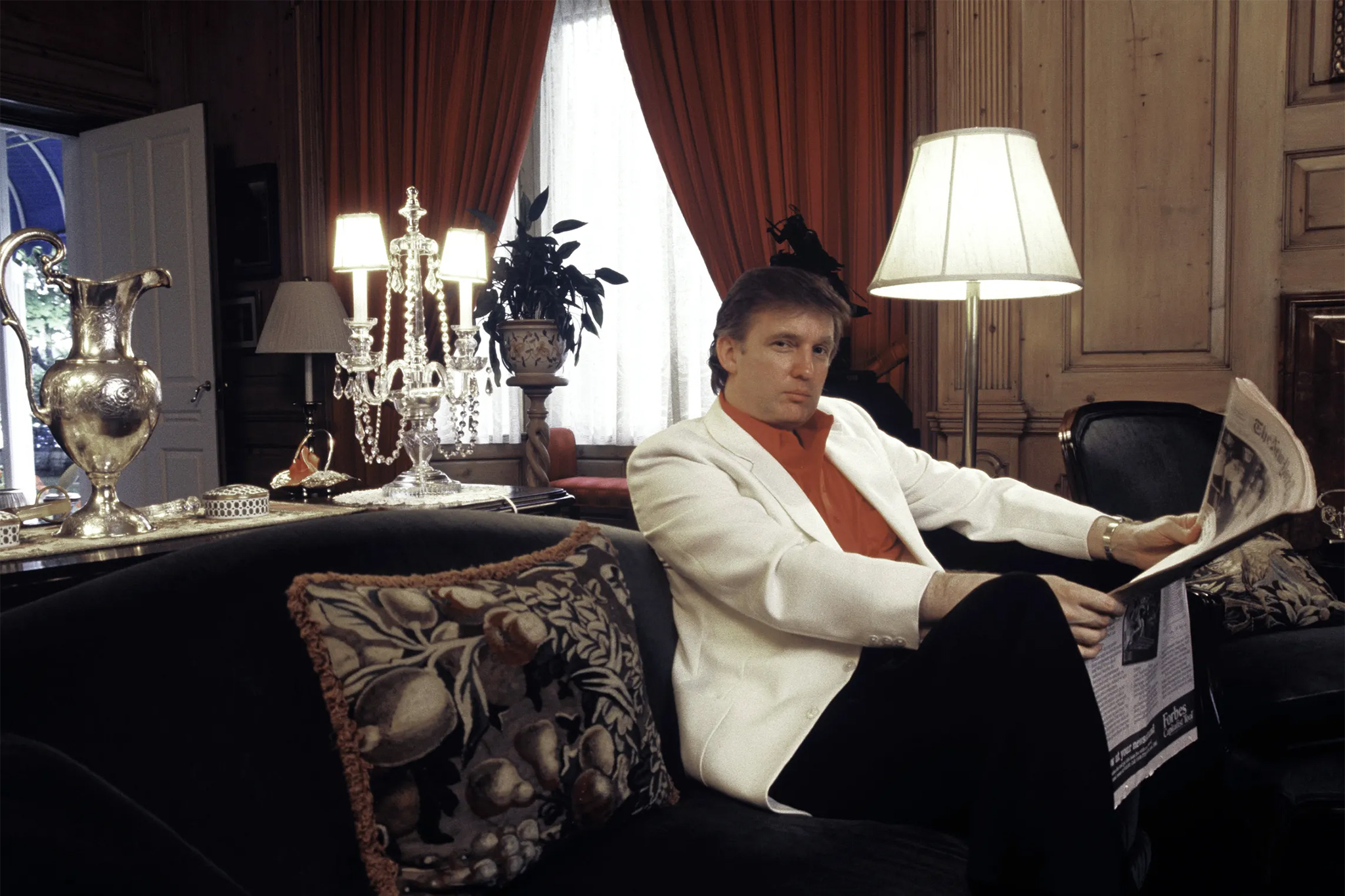Trump Fake-out, or not: the Question of Non-Tariff Trade Barriers
This editorial by Julio Hernández López appeared in the August 1, 2025 edition of La Jornada, Mexico’s premier left wing daily newspaper. The views expressed in this article are the author’s own and do not necessarily reflect those of the Mexico Solidarity Project.
The key is these words: Additionally, “Mexico agreed to immediately eliminate its non-tariff trade barriers, of which there are many.” Donald Trump said so yesterday, as did the Secretary of Commerce and the White House press secretary. At yesterday’s morning press conference, President Sheinbaum and her Secretary of Economy Marcelo Ebrard avoided going into the substance of the issue.
If this version disseminated in Washington (by Trump, through his Truth Social network) is confirmed, even if such elimination were not immediate or complete, it would represent a damaging shift in the process of regulating commercial activities that both the so-called Fourth Transformation, non-governmental organizations, and citizens in general have been laboriously promoting and consolidating. In essence, it would repeal or severely limit the restrictions and regulations that have been upheld until now in the name of protecting Mexico’s national interest.
Secretary Ebrard addressed the immediate concern generated by Trump’s forceful statement yesterday, after speaking with the Mexican President that same morning. These are all the rules and regulations necessary for trade between countries, which go beyond tariffs, he explained. He gave, as an example, a hypothetical case of a medical patent and intellectual property rights.

The tone used during the morning press conference seemed to seek to lighten the topic, shifting it to an area for future discussion, especially with an eye toward the negotiation of new general trade rules between Mexico and the United States. This is also not a minor issue, as the aim is to move these negotiations forward quickly under pressure, perhaps with the goal of prematurely terminating the trinational treaty or, if that were not possible due to Canadian reluctance, doing so de facto through a binational arrangement.
The issue, however, is more significant than the official version might appear at first glance. And it’s nothing new in the United States’ legal challenges to Mexico. Last March, in 377 pages, the Office of the United States Trade Representative, Jamieson Greer, outlined the tariff and non-tariff barriers that Trump would have to address with regard to various countries, seeking to nullify them.
Regarding Mexico, the trade representation highlighted, among other points to combat, customs and tax requirements for exporters from the neighboring country (the aim is to have American facilitators at Mexican customs), delayed or denied import permits for medical products, the ban on glyphosate, and piracy of audiovisual material.
The serious issues lie in areas such as Pemex, the Federal Electricity Commission, and telecommunications, where the deregulation sought by Trump (allegedly already agreed upon with Mexico) would imply a setback in the defense of the national interest and openness to more U.S. investment, an acceptance of the dominance of the colonizing neoliberal spirit.
Such a worrying starting point for a 90-day period for far-reaching negotiations could be an advance on the payment Mexico will have to make to avoid being hit with tariffs. The differential, though not privileged, treatment given to Mexico with this deadline could mean a significant setback. It will be three months of blackmail, with pressure cards such as the appearance of protected witnesses in the United States and the possible accusation of political connections, as well as the cyclical threat of tariffs and trade.
It’s true that Mexico received different treatment, as Trump announced reciprocal tariffs on dozens of countries last night, ranging from 10 to 41 percent. But it’s safe to say that the 90 days aren’t essentially enough to process the US demands.
-
People’s Mañanera January 19
President Sheinbaum’s daily press conference, with the ever-frequent reading of the polls, raising revenue without raising taxes, Salinas Pliego tax debt comes due, US Hercules plane landing in Mexico, and Mexican dying in ICE custody.
-
Our Water, In Whose Hands?
A promising vision from President Sheinbaum for public water management rapidly disappeared. Yet again the Mexican state openly assumes the role it has always played under neoliberalism: facilitating access to natural resources for special interests.
-
38 Billion Pesos Withdrawn from AFORE Accounts Due to Unemployment
The large number of Mexicans withdrawing from their pensions to survive unemployment indicates an urgent necessity to establish national unemployment insurance.




